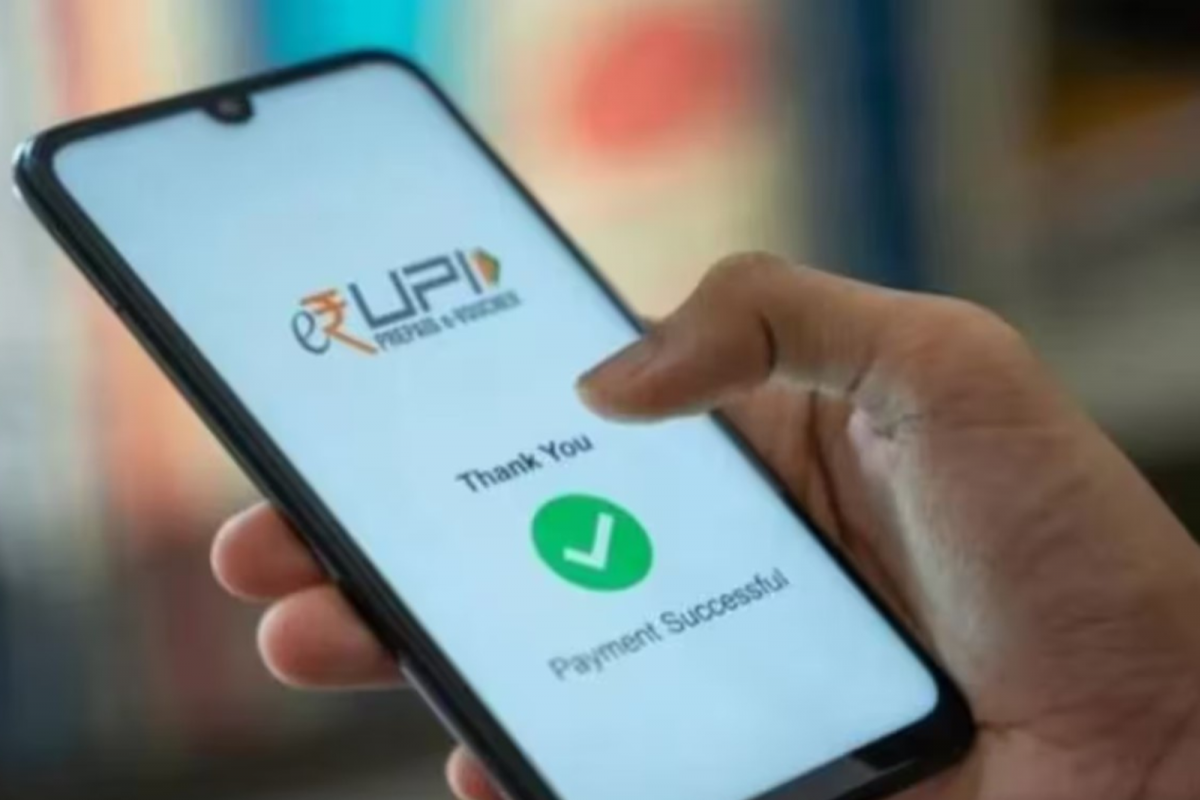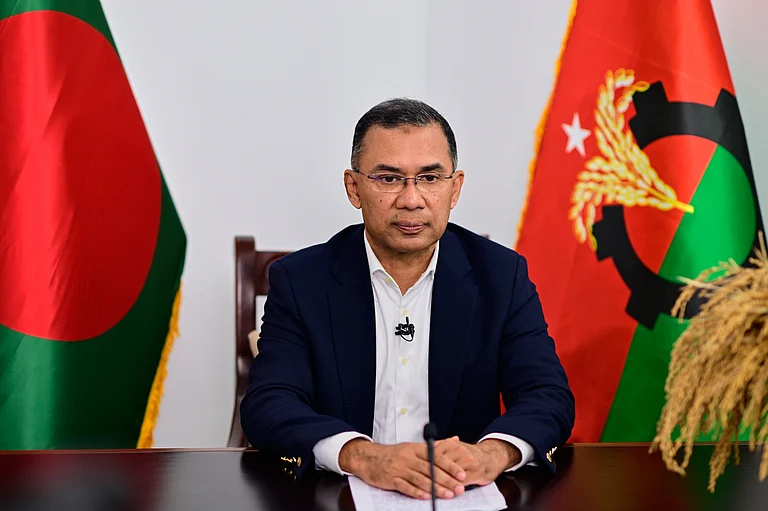Enabling faster and cost-efficient transfer of money, the linkage of two real-time payment systems were witnessed by Prime Minister Narendra Modi and his Singapore counterpart Lee Hsien Loong via videoconferencing
Indians can now use Google Pay, PayTM and other digital payment systems to send money to their friends, colleagues and relatives in Singapore as Unified Payments Interface (UPI) got connected to PayNow on February 21, reported News18.
Enabling faster and cost-efficient transfer of money, the linkage of two real-time payment systems were witnessed by Prime Minister Narendra Modi and his Singapore counterpart Lee Hsien Loong via videoconferencing.
Reserve Bank of India (RBI) governor Shaktikanta Das, and Ravi Menon, Managing Director of the Monetary Authority of Singapore, led the launch (MAS) of this cross-border connectivity at 11 am.
With the integration of these two payment systems, residents of both countries will find it easier to send cross-border remittances more quickly and cheaply. Additionally, it is expected to benefit the Indian diaspora in Singapore, particularly migrant workers and students, by allowing for instant and low-cost money transfers from Singapore to India and vice versa.
“Businesses also face five major challenges such as cost, security, time, liquidity, and transparency while making cross-border payments. This initiative will further solve most of these problems, allowing more businesses to expand their reach in other markets.”
— Chirag Taneja, the co-founder of Gokwik
According to the ministry of external affairs (MEA) document Population of Overseas Indians (2022), there are 6.5 lakh Indians residing in Singapore, including non-resident Indians and persons of Indian origin.
Mehul Mistry, Global Head-Strategy, Digital Financial Services & Partnerships at Wibmo, told News18 that Singapore was one of the top four inward remittance markets. It accounted for roughly 5.7% of all remittances to India or approximately $5.08 billion of the $100 billion total inward remittance market. “This initiative will have several advantages such as customers outside India (in Singapore) will experience world-class payment infrastructure. This will witness the globalisation of India’s best-in-class digital payment infrastructure,” he said.
Chirag Taneja, the co-founder of Gokwik, believes that this was one of the most iconic moments in the world of cross-border e-commerce. “With UPI and PayNow coming together, they are paving way for digital-first transactions to seamlessly expand the horizon,” he said. This new connection will empower businesses and individuals with frictionless transactions beyond borders, making international commerce more accessible and convenient than ever before, Taneja added.
From a business perspective, he said: “Businesses also face five major challenges such as cost, security, time, liquidity, and transparency while making cross-border payments. This initiative will further solve most of these problems, allowing more businesses to expand their reach in other markets.”
**************************************************************
Readers
These are extraordinary times. All of us have to rely on high-impact, trustworthy journalism. And this is especially true of the Indian Diaspora. Members of the Indian community overseas cannot be fed with inaccurate news.
Pravasi Samwad is a venture that has no shareholders. It is the result of an impassioned initiative of a handful of Indian journalists spread around the world. We have taken the small step forward with the pledge to provide news with accuracy, free from political and commercial influence. Our aim is to keep you, our readers, informed about developments at ‘home’ and across the world that affect you.
Please help us to keep our journalism independent and free.
In these difficult times, to run a news website requires finances. While every contribution, big or small, will makes a difference, we request our readers to put us in touch with advertisers worldwide. It will be a great help.
For more information: pravasisamwad00@gmail.com








